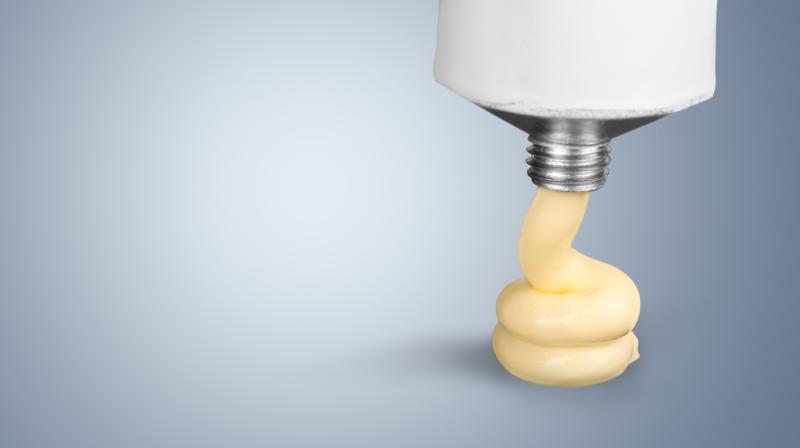
Treatment with delgocitinib 0.5% ointment leads to clinical improvements in adult patients with moderate-to-severe atopic dermatitis (AD) for up to 28 weeks, according to a Japan study.
“[D]elgocitinib 0.5% ointment rapidly improved clinical signs and symptoms in Japanese adult patients with moderate-to-severe AD,” the researchers said. “The improvement effect on AD was maintained for up to 28 weeks, and long-term treatment with delgocitinib 0.5% ointment was well tolerated.”
This two-part study comprised a 4-week double-blind period involving Japanese patients (aged ≥16 years) with moderate or severe AD randomized 2:1 to delgocitinib 0.5% ointment or vehicle treatment and, for eligible patients, a 24-week extension period, to receive delgocitinib 0.5% ointment.
The primary efficacy endpoint of least-squares mean percent changes from baseline in the modified Eczema Area and Severity Index (EASI) score were significantly greater in the delgocitinib group than in the vehicle group (–44.3 percent vs 1.7 percent; p<0.001) at the end of treatment in part 1. [J Am Acad Dermatol 2020;82:823-831]
This improvement in the modified EASI score was maintained in the second part of the study. In addition, adverse events were mostly mild and were not treatment-related across the study periods. Incidence of AEs was also generally low but was greater in the delgocitinib group than in the vehicle group (21.7 percent vs 11.5 percent).
“This difference may be attributable to a shorter assessment period in the vehicle group because more patients in the vehicle group (38.5 percent) entered part 2 early without completing part 1 than those in the delgocitinib group (38.5 percent vs 7.5 percent) owing to worsening of AD,” the researchers noted.
No significant between-group difference was observed in the incidence of AEs in the second phase of the study (18.5 percent vs 15.6 percent). [Br J Dermatol 2018;178:424-432]
Recent clinical studies of other Janus kinase (JAK) inhibitors also achieved efficacy and safety results in AD, particularly for tofacitinib, ruxolitinib, baricitinib, and ASN002. [Br J Dermatol 2016;175:902-911; J Am Acad Dermatol 2019;80:913-921.e9; Br J Dermatol 2019;181:733-742; J Allergy Clin Immunol 2019;144:1011-1024]
Biologics that inhibit cytokine signaling have also been found to improve signs and symptoms of AD. For instance, interleukin (IL)-4 and IL-13 signaling inhibitor dupilumab was used in clinical setting, and IL-31 signaling inhibitor nemolizumab had shown antipruritic effect. [J Am Acad Dermatol 2018;78:S28-S36; N Engl J Med 2017;376:826-835; J Allergy Clin Immunol 2018;142:1121-1130]
“Although the route of administration is different (systemic vs topical), the clinical evidence of both biologics can support the potential efficacy of delgocitinib ointment,” the researchers said. “Additionally, delgocitinib, a pan-JAK inhibitor, can broadly inhibit other cytokine signaling, which is considered a better profile, given that many cytokines are involved in the pathophysiology of AD.”
The present study was limited by the inclusion of only Japanese patients, the short assessment period for the vehicle group (4 weeks) and, in part 2, the use of topical corticosteroids for the treatment of worsening AD.